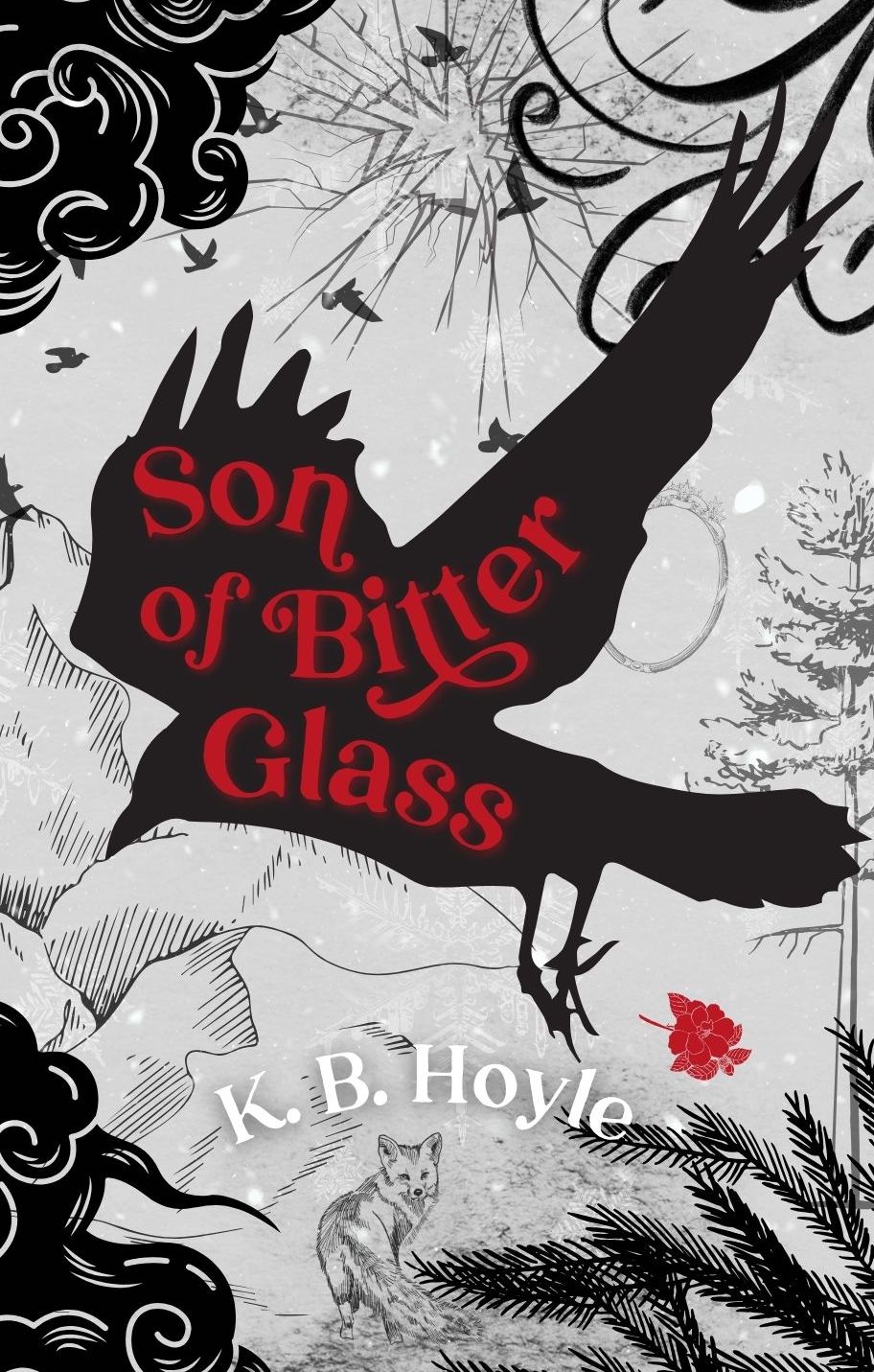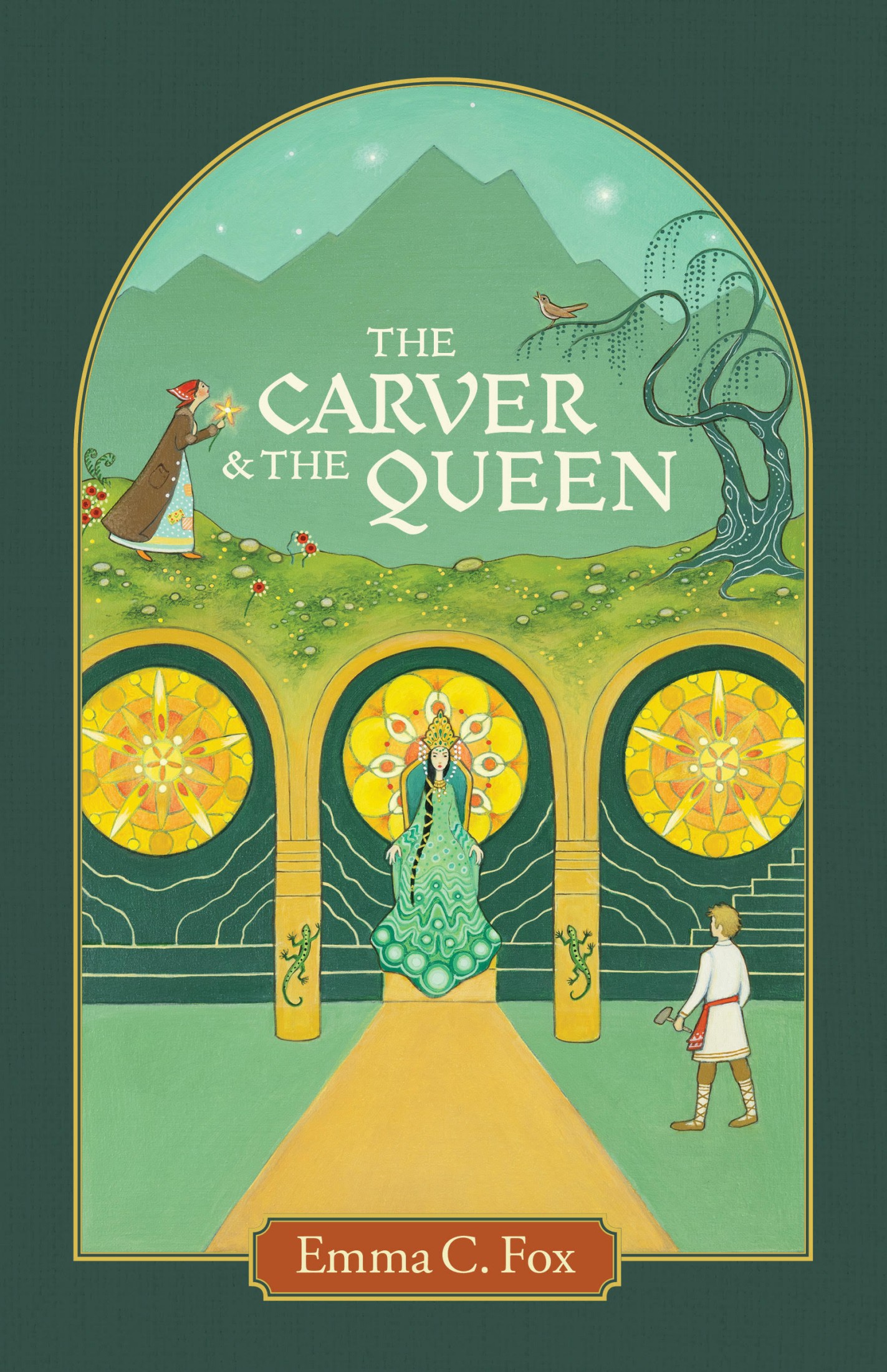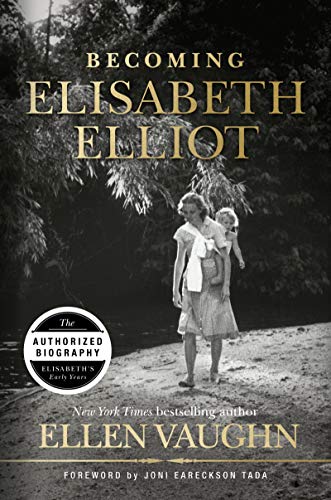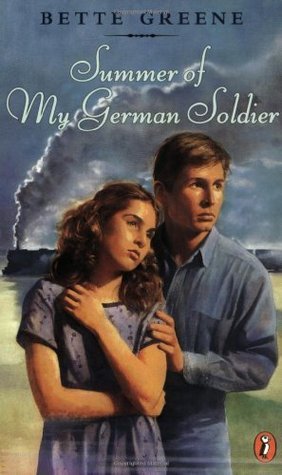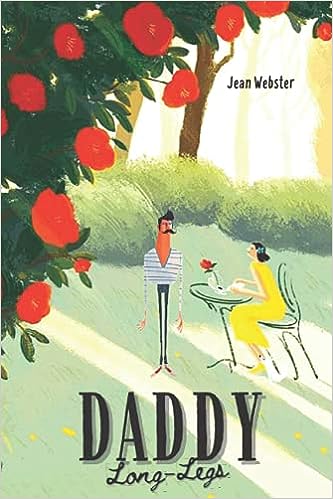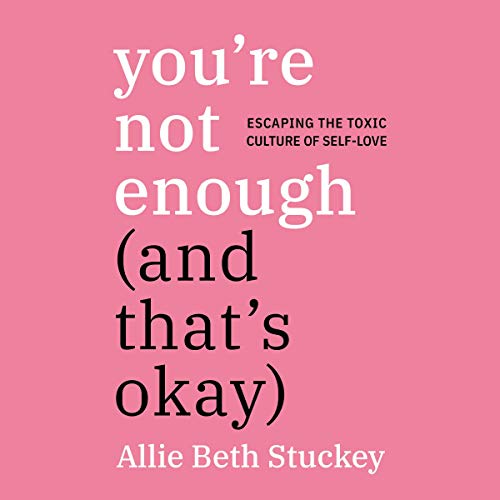I’m unimpressed and disappointed.
While I considered writing this as a Mini-View instead of a full review, I decided this book warranted a full discussion. We’ll get into the whys below (yes, there is a plurality of reasons unfortunately), but I can summarize by saying it is an emphatic no to the question of whether you should read this book. Sad news for women’s fiction – authors continue to fail to meet any level of my expectations for women’s literature. I’m not surprised, but still disappointed.
I’ll start with a few of the content issues first, and then we can get into the nitty gritty details.
First up: language. I am still somewhat shocked (and appalled) by the amount and the level of language in women’s fiction. I am, of course, very young in book years, but I don’t think it is just my imagination that women’s literature did not used to contain such disturbing levels of cuss words, or even the more intense levels of language? Let me put it this way. If this book were translated over to the big screen, it would receive a hard R rating for language alone. Thirteen uses of the f-bomb in different verb forms, as well as six uses of it in a sexual context put this book in very dirty territory very quickly – not to mention the 10 or so other cuss words and their derivatives that are also used throughout the novel. Need I say more?
Second and just as problematic is the sexual content. If I remember correctly (forgive me, I’m writing this review a little late), there is never an actual sexual encounter where physical sex occurs. This is a small miracle, and I’m not even kidding. This is rare; however, that doesn’t let this book off the hook. Aside from the sexual context of several f-bombs as mentioned previously, there are lots of moments in the main character’s thoughts as well as conversations that I would consider verging on sexually explicit. Mention of cohabitation, suggestive comments or looks, direct references to sex or a desire for sex, mentions of homosexuality, and much more I don’t care to physically write out join the list of reasons to skip this book.
Related but even more concerning in light of our current social climate is the recurring mention of a specific book, Fear of Flying. This book was written in 1973 by Erica Jong and chronicles the journey of a sexually “liberated” young woman, Isadora Wing. It is ungodly, tasteless, and full of evil pursuits to say the very least. The fact that this book comes up in conversation and as the main character reads the book at least once in the course of the novel is concerning. Liberating ourselves as women in our pursuit of sex is unbiblical, unholy, and will ultimately result in horrific consequences. The precedent a book like this sets is dangerous, proved once again by the fact that this book was instrumental in the second-wave movement of feminism.
While the above paragraphs dive into very serious issues in literature, I’m going to take you through what I believe may be even more problematic due to the subtle nature of the next issues.
Miranda – our main character – treats her boyfriend, with whom she lives as if he is her husband, like trash. There isn’t any better way to say it: she absolutely treats him like trash. Within the first 2-3 chapters the reader already gets the sense that she secretly despises Jay, her boyfriend. On the surface it may appear that she still “loves” him, the actual tone behind her words and the continued context of the rest of the novel heavily implies that she truly does not care for him. She regularly bites back at Jay for no reason at all with sarcastic melancholy and overly high expectations for his character and treatment of her that she doesn’t even fulfill herself. It’s a sad reality that all too many women have higher expectations for their future or current boyfriend (or husband) than they do for themselves. Expectations for a significant other and eventually a spouse should be guarded by reason and trained by our own personal convictions and growth. Miranda fails every opportunity to be kind, loving, compassionate, and gentle.
A common theme we can see in Miranda’s character is pride. This isn’t shocking, pride is the root of many sins (if not most to all!) Yet, pride is a more disturbing response we make that is more visible to the human eye than many other sins. Miranda at one point states that she is “trying to find something good about everyone” from which we can conclude she thinks she is a good person. Let me tell you, Miranda does not try at all to find something good about everyone. She finds “good things” I guess, but those things are potentially okay-ish character qualities found in non-central and entirely unimportant characters. Aside from that, she only “finds something good” in the character of her Uncle Billy. We’ll get to him in a moment.
Miranda has a horrible relationship with her mother. I could say that is putting it lightly, honestly. Miranda treats her mother similarly to how she treats Jay. High expectations that remain unmet continue to provide distance between the two with some lies added on both sides to provide a different complexity in the relationship. It’s a boring development, but also extremely frustrating. Miranda refuses to be honest with her mother while hating her mother for her dishonesty. On top of that, she worships her Uncle Billy, her mother’s brother.
Did I mention that Uncle Billy is dead? No? Well, he’s dead. Very dead. But he’s important. At least, he is to Miranda. In fact, I’d say he’s more important to her than anything or anyone else in the world. She treasures him and her precious few memories of him more than her parents and specifically her mother, more than her job which she leaves, more than her current boyfriend, more than her relationships with the very few friends she has. Miranda chooses Uncle Billy and his little bookshop over everyone and everything, and by choosing that she is ultimately choosing herself every time a decision is made.
Miranda is the epitome of selfish, self-absorbed pride. It saddened me because that is not a character anyone wants to read about, no matter how cute the nearly-abandoned-but-charming-yet-almost-bankrupt-but-still-alive bookshop backdrop is. No amount of cutesy local color can fix the disaster that this book was. Read 2 Timothy 3:1-9. This gives a good picture of the kind of person Miranda was, and what the continuing result of such characteristics would/will be.
How can we learn from this character practically? A character like this should drive us to Scripture. We can respond, first, with a reminder of Christ’s character, specifically His humility. Consider Philippians 2:1-11. Christ humbled Himself to the point of death. What a dramatic and selfless act! Christ submitted His will to the will of God the Father and laid down His very life to provide salvation to a people far below Him. Not to mention these people are filthy creatures of sin and moral decay that proceed further and further into sin with every opportunity they are given. That, my dear reader, describes you and me. We are those vile and debased creatures who stand far below Christ in every way. But God!
Now for our response. Look a little further down to Philippians 4:4-9. Rejoice, my dear readers! Be reasonable and do not be anxious. Pray with all thanksgiving, bringing all your requests to God. Think of good and righteous things that are pleasing to the Lord (for instance, dwell on Jeremiah 9:23-24) and revel in the peace of God that will guard your heart and mind. Ultimately, seek the conviction and strengthening of the Spirit to practice humility as your respond in love and gratitude to the character and example of Christ.
Now to conclude.
I haven’t even mentioned how predictable this book was. Within the first 10-20 pages I started making predictions of what would happen and the approximate page numbers I thought it would happen in. I was not wrong. That is evidence of an amateurish, incapable author who struggles with word craft and plot development.
In conclusion, there is nothing on God’s green earth to give you a reason to read this book. Not even the cute cover and inviting title. Ladies, the day may come when fiction will not fail us and worldly expectations of sex and feminine behavior will not permeate our literature, but it is not this day.
Until next time, enjoy your Thursday and go read a good book!
![]()
